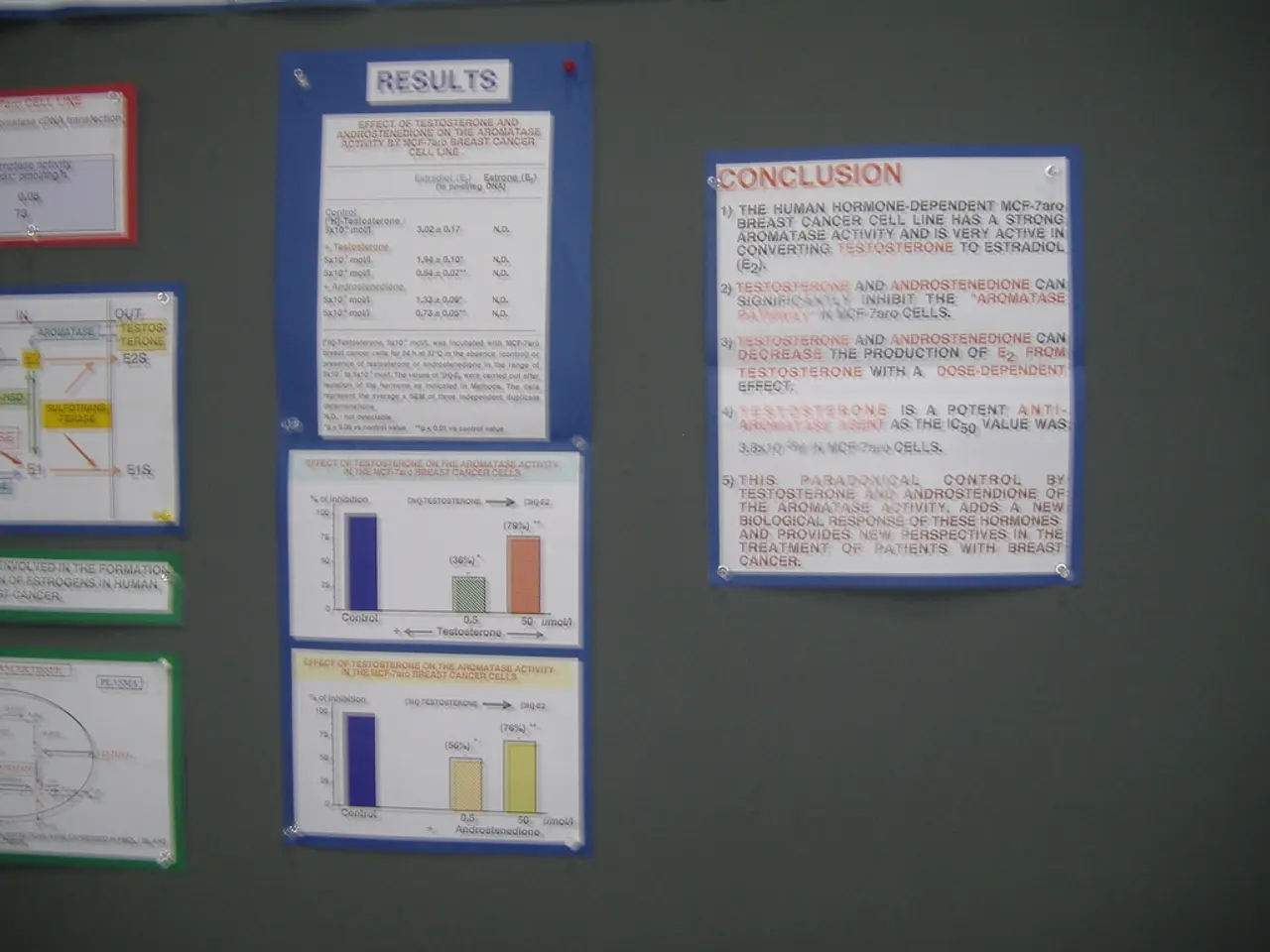Improvement Strategies for Employees: Potential Indicator of Impending Termination?
In the world of work, Performance Improvement Plans (PIPs) can be a source of anxiety for many employees. These formal documents, given to an employee with a deadline for improving certain skills or targets, can often feel like a crossroads in one's career. But understanding the characteristics of a genuine PIP and those that may be a disguised termination can help employees navigate this challenging situation.
A genuine PIP is designed to support employee improvement. It comes with clear, specific goals and expectations, structured support such as training, mentoring, or coaching, and reasonable timelines with continuous feedback. The approach is collaborative, involving open communication between manager and employee, and there is a documented history of performance issues prior to its initiation.
On the other hand, a disguised termination PIP is often abrupt, vague, and intended to document failure for dismissal purposes. Goals may be unrealistic or impossible to achieve within the given timeframe, and there may be a lack of managerial support or resources to help improve performance. The organization's culture may treat PIPs as "silent exits" or ultimatums rather than development opportunities.
To identify if a PIP is genuine or a disguised termination, it's essential to look for these key indicators. If a PIP feels punitive, sudden, or disconnected from prior feedback, it is more likely a disguised termination tactic.
Employees are encouraged to document all communications and requests for clarification, ask for detailed, measurable objectives, and understand their rights, including the option to raise a formal grievance if the PIP lacks fairness or reasonable support.
Morris E. Fischer, an employment attorney, advises making an honest assessment of job performance when receiving a PIP. He notes that PIPs are often used to get rid of competent employees, especially those who are older, coming back from an injury, or returning from leave.
Jennifer Tardy, a diversity recruitment consultant, states that receiving a PIP signals to an employee that "if you don't shape up, you are about to be shipped out." Nadia De Ala, founder of Real You Leadership, warns that unreasonable action items in a PIP can indicate the company's intent to push the employee out instead of pushing for improvement.
Ellen Bailey, a vice president of diversity and culture, was placed on a PIP early in her career and transitioned to a marketing role in the company after completing it. She regrets not being upfront sooner with her boss about the mismatch between her skills and the claims role.
In a poignant example, a California-based woman who worked as a quality assurance manager was let go after completing a 90-day PIP that included subjective and unachievable goals, and lacked support from her manager.
Employment lawyers familiar with PIPs can provide advice on how to respond to an employer during the PIP period. If an employee's manager isn't giving good answers, they can escalate the issue to their manager's manager or someone in HR. It's acceptable for an employee to ask for specifics about a PIP's performance issues.
Remember, a genuine PIP focuses on improvement through support and clarity, while a disguised termination PIP is often abrupt, vague, and intended to document failure for dismissal purposes. Keeping these distinctions in mind can help employees navigate this challenging period with confidence and clarity.
- Employees seeking genuine workplace-wellness through a Performance Improvement Plan (PIP) should aim for clear, specific goals and expectations, structured support such as training, mentoring, or coaching, and reasonable timelines with continuous feedback – characteristics of a supportive PIP.
- On the other hand, a PIP that seems punitive, sudden, or disconnected from prior feedback, with unrealistic or impossible goals, may indicate a disguised termination designed to document failure for dismissal purposes – a sign of a toxic work culture that disregards health-and-wellness and career-development.
- To protect one's education-and-self-development and career, it is essential to document all communications, ask for detailed, measurable objectives, and understand rights, including the option to raise a formal grievance if the PIP lacks fairness or reasonable support – enacting a proactive approach to safeguard physical and mental health and promote a positive workplace culture.




